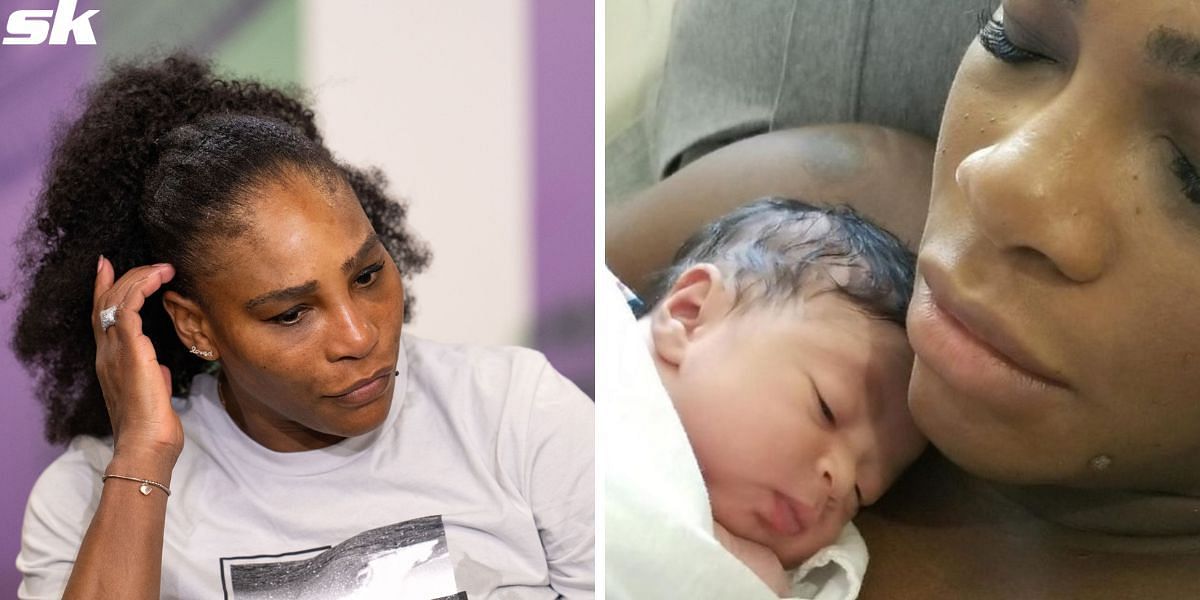
Serena Williams recalls her near-death experience after giving birth to daughter Olympia
Serena Williams has opened up about her terrifying experience with life-threatening complications after giving birth to her daughter Olympia.
On February 20, 2018, UNICEF Goodwill Ambassador, Serena Williams penned an article detailing her traumatic near-death experience in a bid to raise awareness about the concerning childbirth mortality rates among African-American women in the US and women in poorer countries with limited access to healthcare.
"I almost died after giving birth to my daughter, Olympia. Yet I consider myself fortunate," Williams wrote for CNN.
On September 1, 2017, the 23-time Grand Slam champion gave birth to her daughter Olympia via emergency C-section after her heart rate dropped to concerning levels during contractions. The decline in her health began with a pulmonary embolism which was followed by a "slew of health complications."
"This sparked a slew of health complications that I am lucky to have survived. First my C-section wound popped open due to the intense coughing I endured as a result of the embolism," Serena Williams recalled.
I returned to surgery, where the doctors found a large hematoma, a swelling of clotted blood, in my abdomen. And then I returned to the operating room for a procedure that prevents clots from traveling to my lungs. When I finally made it home to my family, I had to spend the first six weeks of motherhood in bed," she added.
The American expressed her gratitude for the exceptional medical team available to her, without whom she wouldn't be here today.
"I am so grateful I had access to such an incredible medical team of doctors and nurses at a hospital with state-of-the-art equipment. They knew exactly how to handle this complicated turn of events. If it weren’t for their professional care, I wouldn’t be here today," Serena Williams wrote.
"Together, we can be the change" - Serena Williams

Serena Williams highlighted the stark contrast between her own experience and the realities faced by African-American women in the US and women in resource-poor countries who do not have access to the same level of healthcare as she did.
"According to the Centers for Disease Control and Prevention, black women in the United States are over three times more likely to die from pregnancy or childbirth-related causes. But this is not just a challenge in the United States. Around the world, thousands of women struggle to give birth in the poorest countries," she pointed out. "Before they even bring a new life into this world, the cards are already stacked against them."
Williams stressed the importance of everyone doing their part to demand more from governments, businesses, and healthcare providers to ensure that maternal and infant mortality rates are reduced worldwide.
"That world is possible. And we must dare to dream it for every black woman, for every woman in Malawi, and for every mother out there," she wrote. "Together, we can make this change. Together, we can be the change."